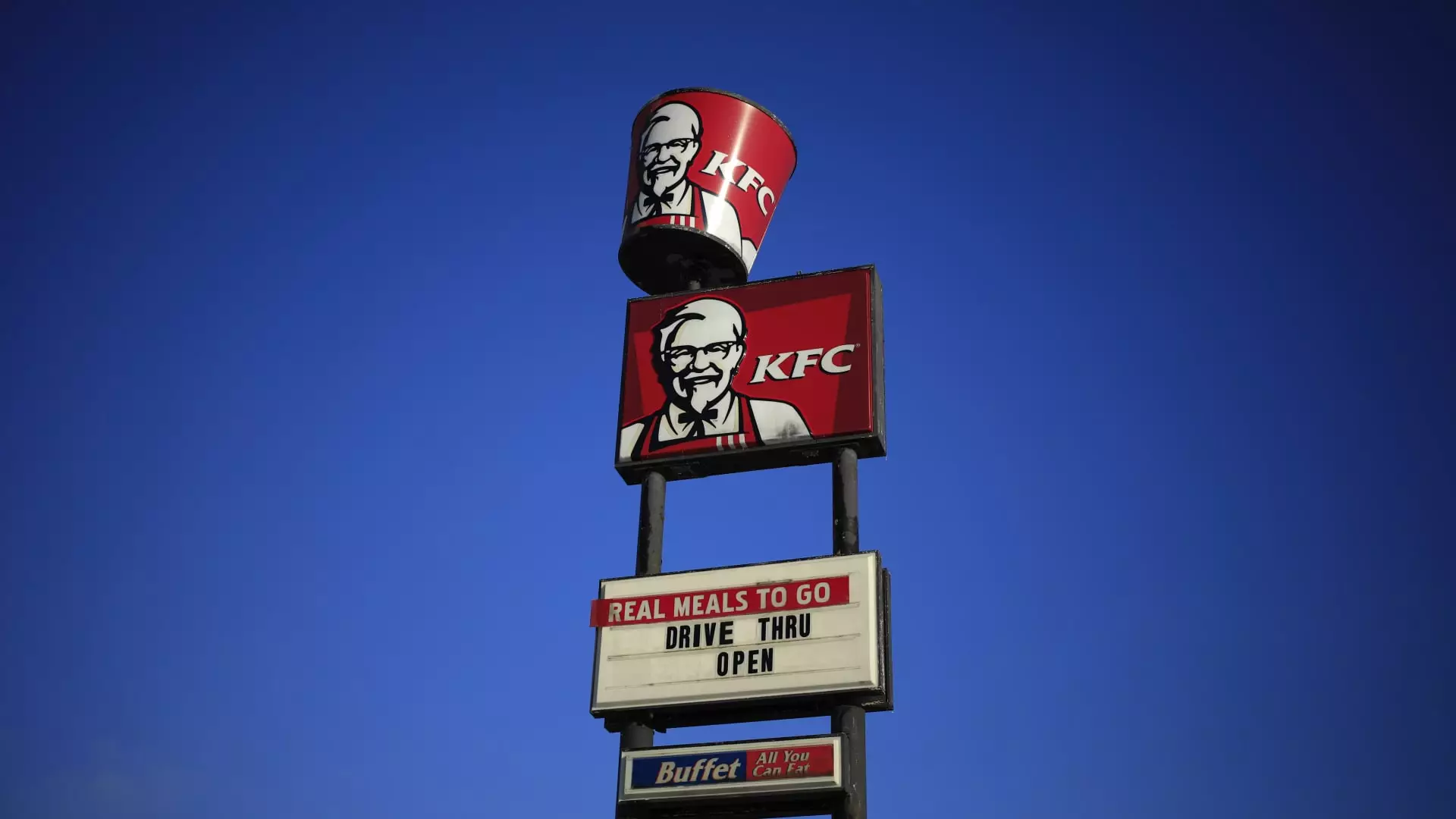KFC, the iconic fried chicken brand, is making headlines with its decision to move its U.S. headquarters from Louisville, Kentucky, to Plano, Texas. This shift, announced by Yum Brands, marks a significant transition for the fast-food giant and its employees. Approximately 100 staff members will be expected to relocate to Texas within the next six months, a move that reflects broader trends in business operations and a rethink of corporate visibility in the post-pandemic world.
This relocation is not merely a geographical change, but part of a strategic realignment for Yum Brands. The company aims to establish two corporate hubs: one in Plano and another in Irvine, California. Interestingly, KFC and Pizza Hut have already set up global teams in Plano, suggesting that this shift could streamline operations and enhance collaboration among different brands under the Yum umbrella. Taco Bell and the Habit Burger & Grill maintain their presence in Irvine, showcasing a diversified approach to brand management across the United States.
Despite the move, Yum Brands is not completely severing its ties with Kentucky. The company, along with the KFC Foundation, plans to retain corporate offices in Louisville, indicating a continued commitment to its roots. Furthermore, KFC intends to build a new flagship restaurant in Louisville, symbolizing that while its corporate operations may be relocating, its heritage and community engagement remain strong.
The Impact of Hybrid Work Cultures
The pandemic has prompted multiple companies to reevaluate their operational frameworks, particularly regarding corporate headquarters. Many organizations are choosing to relocate to areas with more favorable tax climates and better conditions for hybrid and remote workforces. Texas has emerged as a prime destination; a 2023 report by CBRE underscores Texas’s appeal as a business-friendly state. The trend of relocating corporate headquarters has gained momentum, with fierce competition among states to attract businesses, an issue starkly exemplified by competitor Papa John’s decision to leave Louisville for Atlanta in 2020.
As KFC embarks on this new chapter in Texas, the transition comes with both challenges and opportunities. Existing employees must adapt to the new location while keeping the brand’s commitment to culinary excellence and customer satisfaction intact.
This move could enhance KFC’s operational efficiency and align closely with the evolving dynamics of the fast-food sector. The test will be whether KFC can maintain its brand integrity and community connections while adapting to a new environment.
KFC’s relocation to Texas signifies a critical juncture in its operational strategy. It represents a shift that aligns with modern workforce realities, embraces the burgeoning business opportunities in Texas, and preserves the brand’s historical roots in Kentucky. As the fast-food industry continues to evolve, KFC’s ability to harness these changes will be essential to its ongoing success.

